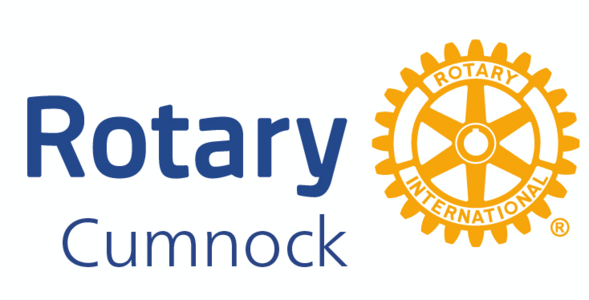11 July
This was the first meeting of the new Rotary Year. Only 6 members were able to attend but under the guidance of the new President, Jim Kyle, we were able to come to some decisions on club matters.
1. Fundraising
A possible “main” charity to be supported this year is the Honey Pot respite centre at Dalleagles. More info is to be sought.
2. Weekly Coin Collection
Members to be encouraged to donate loose change e.g. 1p, 2p, 5p etc. at each meeting to the treasurer’s “jar” for charity.
3. Speakers Convenor
Past President Gerald Alexander was proposed for this post and he was appointed by general agreement.
4. Joint Ventures with Loudoun Rotary
The recent example of joint fundraising with Loudoun should be considered for other charities and events e.g. joint Treasure Hunt.
5. Wall Chart Planner
This yearly calendar funded by local businesses advertising should be revived.
6. Raffle
As the Treasurer (and the bag of numbers) were not present, the money collected at this meeting will be added to the pot at the next suitable meeting.
25 July
Attendance was 7 to hear our speaker, Alex Hall, whose topic was “The Forgotten Remembered”. The title referred to the large number (over 300) of servicemen who were executed for a variety of violations of the military code in face of the enemy in the 1914-18 war.
Kitchener’s army was subjected to the strictest of discipline with the threat of execution for perceived wrong doing. Over 3000 soldiers were court martialled and those who were not executed suffered extreme and prolonged punishment. The soldier accused faced a court composed of senior officers, whilst the accused was represented by a junior officer (whose career and promotion prospects depended on his commitment to the regime).
The variety of offences included desertion, cowardice, self-inflicted wounds, falling asleep, absenting, and insubordination. No mercy was shown for the effects of the trauma of the battlefield or shell shock, and Post-traumatic Stress Disorder was an unrecognised concept at that time.
Alex then described the procedures of the soldiers in the firing squad, controlled by an officer who “called the shots”. Soldiers could not refuse to be a member of the firing squad even if they knew the accused. Executions were carried out at dawn, to have the maximum effect on the other soldiers.
Alex highlighted several examples of young soldiers i.e. 17 year olds who were executed, and of at least one who had lied about his age in order to enlist and looked no more than 14 years of age.
Alex is supporting a campaign to commemorate and seek pardon for those who were executed (Shot at Dawn) for behaviour which nowadays would more likely receive treatment and rehabilitation rather than punishment.
